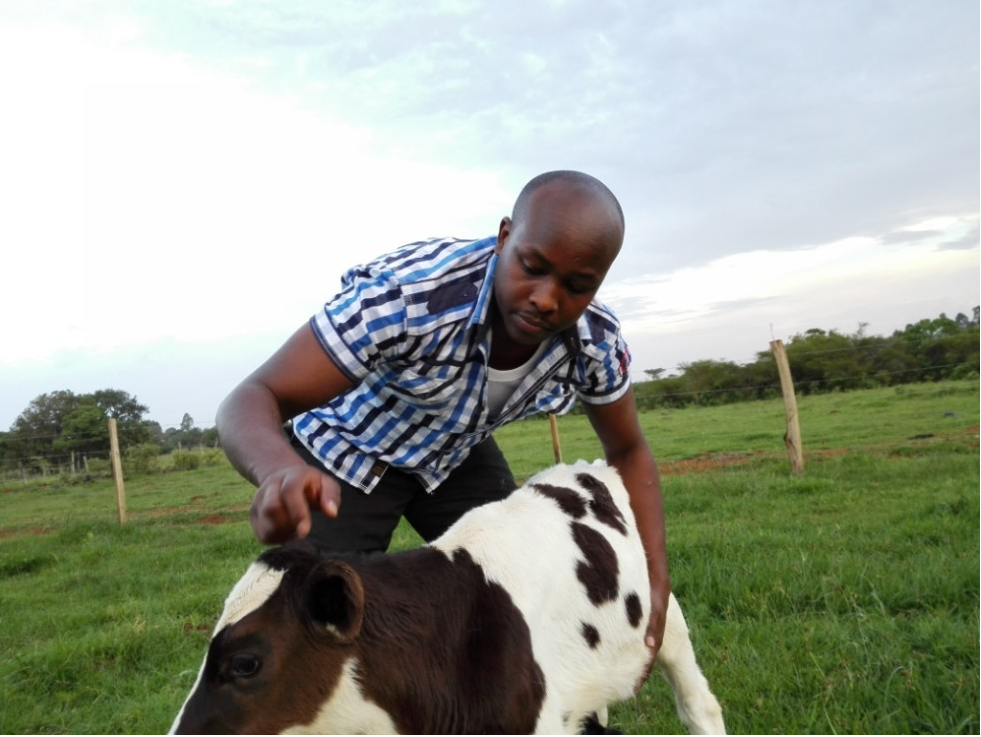Shelving the white-collar office ambitions and going back to the farm may be the solution to rising youth unemployment. There has been an influx of high-end vehicles selling groceries during the corona period. While it has baffled many, it is nothing out of the ordinary.
To meet the increasing financial demands, many people now engage in side hustles: farming, M-Pesa shops, selling clothing and footwear among other products. From the busy offices of their employers, the side hustles are remotely controlled back at home and even directly in these very offices.
Few imagined that office workers will at one-time resort to converting their luxury vehicles into mobile grocery ‘stands’. Competing with the very people many consider to be living from hand to mouth. The reality, however, is that agribusiness is a highly profitable venture with high potential.
Opportunity during crisis
Granted, the COVID-19 pandemic has presented a lot of setbacks. However, it has also presented an opportunity for many especially the youth to reconsider career choices. Many have lost their jobs. Many have had to take massive pay cuts.
But the beauty of crises is that they present opportunity; to start on new and stronger foundations; to figure out the blind spots in our financial security structures; to reflect and restructure the normal routines and redundant habits in our lives and institutions. Some of the great companies today were born during financial crises; Uber-2009; Microsoft-1975; General Electic-1876, Netflix-1997; Disney-1928.
Invest in agriculture
With the rising world’s population and increased mass consumption, there is a greater need for youth to venture into agriculture. Africa imports more than $35 billion dollars of food. The number is projected to rise to $110 billion by 2025. Ironically, 65% of arable land in Africa remains uncultivated. Kenya, despite having great agricultural potential, imports more than $100 billion worth of food.
Achieving the Sustainable Development Goals: no poverty; no hunger, by 2030, further pushes the need by the Kenyan youth to angle their career ambitions toward agribusiness.
Akinwumi Adesina, president of African Development Bank (AFDB), has held a sustained campaign for venturing into agriculture as means of wealth creation for Africa. He believes that Africa can become a global powerhouse in food and agriculture.
It should not necessarily concentrate on plane building ambitions. In that very line, he encourages much focus directed on the agricultural sector because it has four more times the capacity to create jobs and reduce poverty than any other sector.
No shame in the farms
Kenyan youth need to change their perception towards farming as a career. Many still consider it as a low end or a last option occupation. Even the few that engage in it prefer to use the catchy label of agripreneur rather than the simple title of a farmer. This is an indication that the perception towards agriculture is quite negative.
Furthermore, with the exponential technological growth in agriculture, ICT and engineering, knowledge is very useful, too. The agricultural sector stretches far beyond the farm. Regardless, there is no shame in camping in the farms.
Every year, many youths graduate and leave the cities to head back home in the villages. As many remotely send job applications and wait for positive responses from prospective employers who often never reply, a minefield of arable land stares at them, unutilized. The rich agricultural surroundings could be converted into money-making sources; the youth can explore the opportunity and ship loads of farm produce to the cities which have an increasing demand for food.
Venturing into agribusiness by many youths will also by a great margin reduce the increasing rural-urban migration in search of employment. The cities will decongest.
However, to ensure a successful transition of the youth from employment towards agricultural, a number of challenges must be addressed. The youth should be encouraged to broaden their career focus towards those in the agricultural sector. Basic training and adequate knowledge in the field is necessary.
Also, the youth need to be financed beyond the mere push for them to venture into agribusiness. Access to land and the markets should be eased, too.
To cap it all, proper and solid policy structures to protect the agricultural sector need to be formulated. The cheap imports of agricultural products from foreign and neighbouring countries has been the bane of agribusiness in Kenya.












Leave a comment